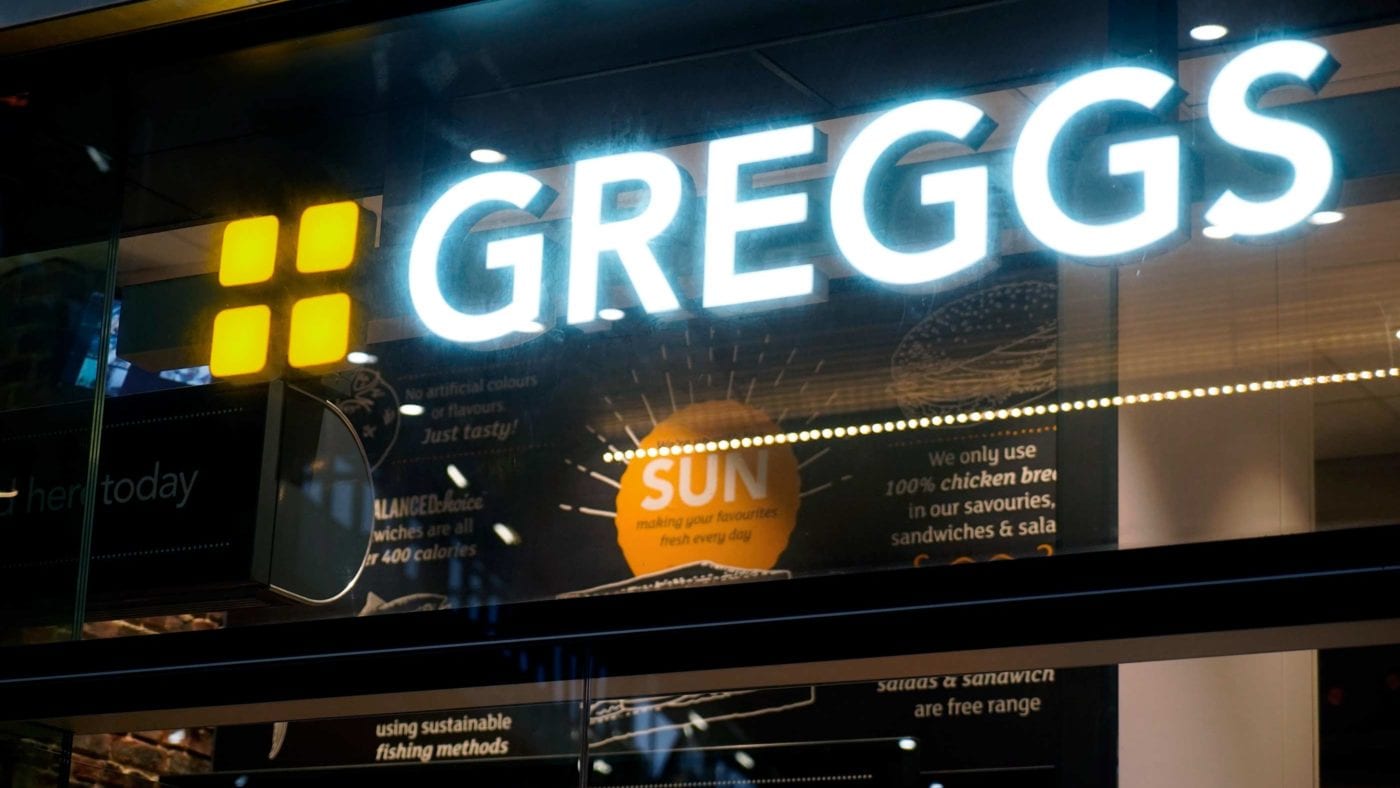Do you fancy a late night sausage roll? It’s an odd question (and I’m not trying to flirt), but it’s one at the heart of a bizarre battle between Greggs, the Metropolitan Police, and Westminster Council. The bakery chain wants to be able to serve customers 24 hours a day from its new store in Leicester Square but the Met, the council and some local residents have objected on the grounds that the wafting smell of pasties and yum-yums risks a surge of antisocial behaviour (I paraphrase only slightly).
Now, this might seem like a trivial issue, but it is symptomatic of a much wider problem. London is, in many ways, the world’s greatest cities, but huge swathes of it shut down at 11pm. Often just as the night is just getting started, the party must come to an end. This is due to restrictive licensing laws which prohibit many establishments from serving customers after 11pm. If a bar or a restaurant wants to open for longer then they must apply to the local council to do so and, as is the case with Greggs, a vocal minority of (often very wealthy) fun sponges kick up a fuss and a late licence is declined.
There are a number of reasons this is so damaging.
First, and most obviously, it stops people having fun. This is something which impacts people of all ages but it particularly concerns younger people. These are people who did the right thing by protecting older people by complying with lockdown rules during what should have been some of the best years of their lives, only to find out that although they are now free to leave the house, old and wealthy landowners expect them to be home by midnight.
Moreover, given the fact that most young people in London live in house shares far from the city centre, bars, clubs, and restaurants are particularly important for them. If they want to socialise or go on dates then these generally have to take place in one of these venues.
It’s also bad news for the hospitality industry. a sector that suffered huge Covid losses despite support from the Government. The fact that most establishments have to shut up shop at 11 means they are turning away customers who are willing to spend more money.
People who work in hospitality are often in a precarious situation at the best of times, but given that we are now in the middle of a cost of living crisis this looks set to get even worse. Working a few extra hours would allow them to earn more money and help them to make ends meet. The restrictive licensing system stops them from doing this.
The anti-social behaviour argument is also something of a red herring. If anything our bizarre licensing laws encourage people to drink more heavily because the time they have to do so is so constrained. The fact that everyone staggers out at the same time after having a skinful before descending on the nearest kebab house is what really spurs the kind of loutish behaviour that takes up so much unnecessary police time.
Londoners and tourists deserve better than this. A few simple reforms involving the national government, the Mayor, and local councils can help transform the capital’s nightlife for the better.
As with so many of Britain’s problem, the first step is to take on the Nimbys. Much has been written on the site about the devastating impact of local people objecting to new housing developments. But they also object to all sorts of other construction and, as mentioned above, licenses for premises in their vicinity. Whether it’s an affordable home or a late night sausage roll, a combination of Nimbys and pusillanimous politicians conspire to ruin things for the rest of us.
On a related note, the city’s approach to drugs should change. Although I would prefer a system in which all drugs are legalised, this is politically difficult. Instead, there should be drug safety testing centres at major London nightclubs. When these have been used at music festivals they have literally saved lives. Taking such a mature and realistic approach to drug use in clubs will mean that people can enjoy themselves safely while also reducing the burden on the police and NHS.
Finally, we need to look at transport. While it is welcome that the Night Tube has finally returned to full capacity, we should go even further. For example, the Night Tube should be extended to Thursdays and Sundays. Also, rather than trying to make life more difficult for companies such as Uber, the Mayor should make it far easier for new transport companies to start operating in London.
London is a great city in many respects, but its nightlife leaves much to be desired. A few simple reforms have the potential to completely transform the city’s night time economy, helping business, workers and ordinary Londoners – in the midst of an economic crisis, that’s a gift horse we can’t afford to look in the mouth.
Click here to subscribe to our daily briefing – the best pieces from CapX and across the web.
CapX depends on the generosity of its readers. If you value what we do, please consider making a donation.


